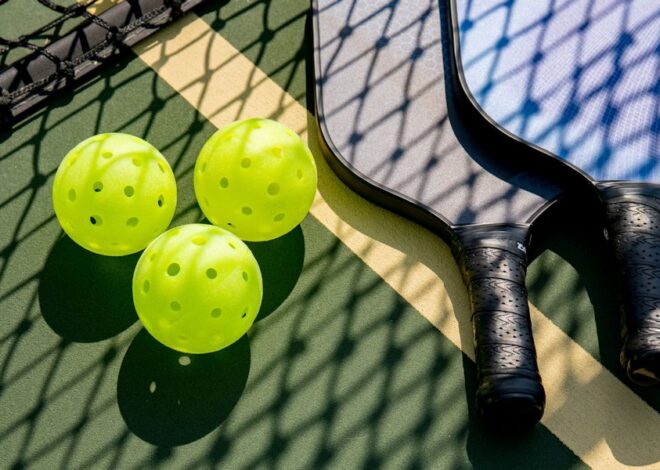
Mental Fitness Tips from Pro Athletes You Can Apply Daily
The Power of the Mind in Athletic Success
When we think of elite athletes, we often picture their physical strength, endurance, and skill. However, what truly separates the good from the great is mental fitness. Top performers like Serena Williams, Tom Brady, and Michael Phelps consistently emphasize the importance of mental resilience, focus, and emotional control. Mental fitness isn’t about being positive all the time; it’s about staying composed under pressure and maintaining confidence even when facing setbacks. For athletes, this mindset is what fuels their ability to bounce back from losses, maintain discipline through grueling training schedules, and perform under the world’s brightest lights. The good news? These same principles can be applied to everyday life. Whether you’re navigating work stress, managing relationships, or pursuing personal goals, strengthening your mental fitness can help you stay calm, focused, and motivated no matter what challenges arise.
Building Mental Resilience Like a Pro
Resilience is the cornerstone of mental fitness, and professional athletes train their minds just as rigorously as their bodies. Olympic gymnast Simone Biles, for example, has spoken openly about the importance of protecting her mental health, showing that strength lies in self-awareness as much as perseverance. You can build resilience by developing routines that help you recover from setbacks faster. Start by viewing challenges as opportunities to learn rather than as failures. Practicing gratitude, journaling, or reflecting on daily progress can also reinforce a resilient mindset. Another proven method is visualization—imagining yourself overcoming obstacles or succeeding in a task primes your brain for confidence and action. Just like an athlete returning stronger after a tough loss, you too can train your mind to adapt, grow, and thrive when life doesn’t go as planned. Resilience isn’t innate; it’s built through consistent mental conditioning.
The Role of Mindfulness and Focus
Mindfulness is one of the most powerful tools professional athletes use to sharpen concentration and maintain emotional balance. Basketball legend LeBron James and tennis star Novak Djokovic both incorporate mindfulness and meditation into their daily routines to stay centered. These practices help them stay present, block out distractions, and recover mentally between games. You can apply the same techniques to daily life by setting aside just ten minutes each morning for mindful breathing or reflection. When you feel overwhelmed, focus on your breath and bring your attention back to the current moment. Over time, this reduces stress and improves decision-making, helping you respond thoughtfully rather than react impulsively. Athletes use mindfulness to “get in the zone,” but for you, it can mean being more productive at work, calmer during conflicts, and more aware of your thoughts. Mindfulness trains your mind to stay clear and composed under pressure.
Consistency, Rest, and the Power of Routine
Professional athletes know that consistency builds confidence and success. Their daily routines—from early morning workouts to strict sleep schedules—create a foundation for both physical and mental performance. For instance, soccer star Cristiano Ronaldo is famous for his disciplined lifestyle, which includes structured rest, nutrition, and recovery time. You can apply this principle by designing small, consistent habits that support your well-being. Prioritize sleep, as it’s essential for mental clarity and emotional stability. Schedule time for reflection, relaxation, and hobbies that recharge your mind. Consistency doesn’t mean rigidity—it’s about creating patterns that sustain you. Even five minutes of daily mindfulness or journaling can make a significant difference over time. Just like an athlete trains every day to maintain peak form, you can train your mind through regular self-care and intentional rest. Consistency transforms effort into lasting mental strength.
Turning Lessons from Athletes into Everyday Wins
You don’t have to be a professional athlete to think like one. The lessons from sports psychology—resilience, mindfulness, and consistency—are tools anyone can use to improve daily performance and well-being. When challenges arise, approach them with the mindset of a competitor: focus on what you can control, stay present, and bounce back quickly. Treat your mental health like a muscle—strengthen it through daily practice, rest, and reflection. Over time, you’ll find yourself handling stress with greater ease, maintaining motivation during tough times, and celebrating small victories more fully. Remember, mental fitness isn’t a one-time achievement; it’s an ongoing journey of growth and self-mastery. By adopting these habits from the world’s top athletes, you can cultivate the mental edge needed to excel—not just in sports, but in every aspect of life.



